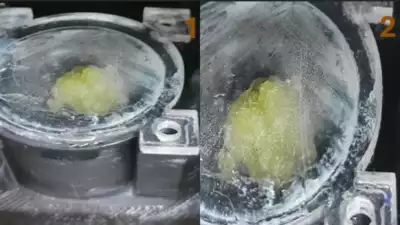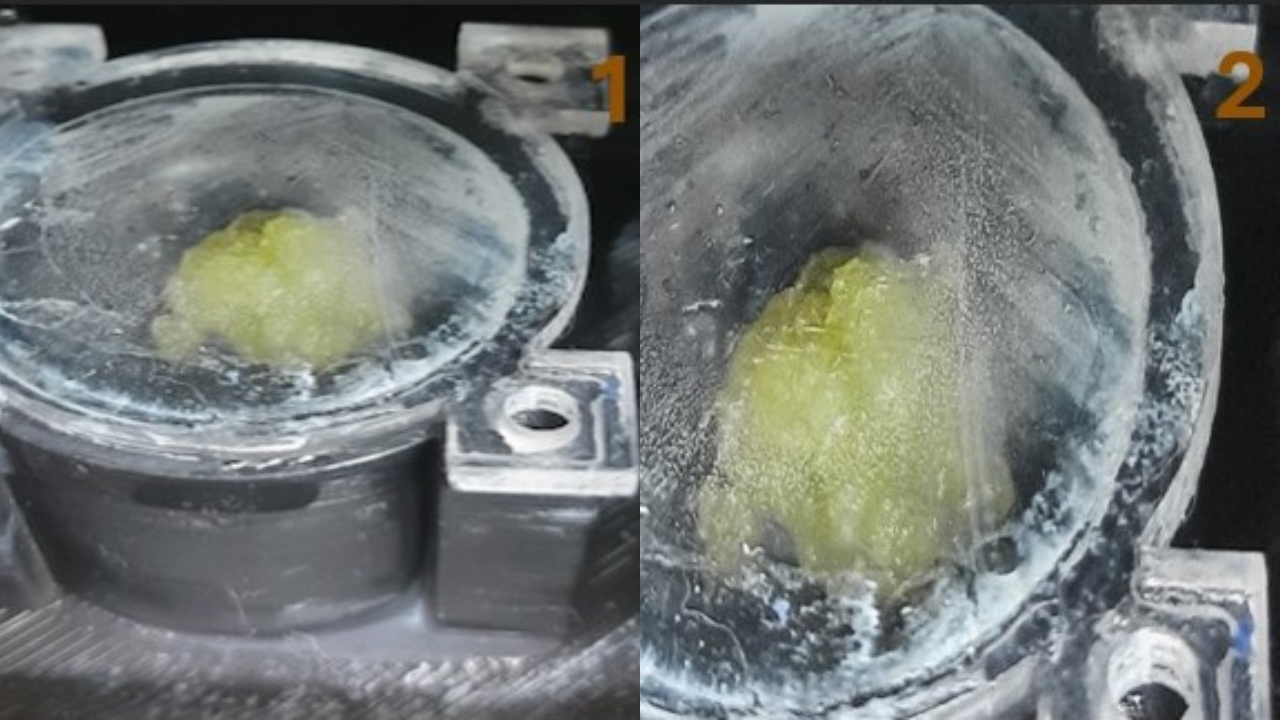In a first, Indian university grows spinach tissue in space
BENGALURU: Initial results from India’s first non-Isro biological space experiment reveal successful growth of spinach tissue in zero gravity conditions, marking a significant milestone for
space-based agriculture research
.
The spinach callus tissue — sent by
Amity University
, Mumbai — orbiting 350km above Earth, has demonstrated growth patterns comparable to ground-based control samples during its first week in space.
“The preliminary data is extremely promising. Our real-time monitoring shows healthy tissue development, with all environmental parameters including CO2 levels, humidity, and lighting systems performing optimally,” AW Santhosh Kumar, vice-chancellor and lead scientist at Amity University Mumbai’s Center for Astrobiology, told TOI.
The experiment, conducted through the Amity Plant Experimental Module in Space (APEMS), is utilising an innovative approach of growing callus tissue rather than traditional seeds. This method allows researchers to more easily track changes in growth and health through color monitoring, as any stress-induced discoloration in the bright green tissue can be readily detected by the module’s built-in cameras.
The university had sent the spinach callus onboard the PSLV Orbital Experiment Module (POEM) part of the PSLV-C60 mission that launched the two Space Docking Experiment (SpaDeX) satellites into orbit on Dec 30. TOI had reported earlier about the experiment being part of the 24 experiments on POEM.
Kumar, while pointing out that the experimental model chosen is ‘Spinacia Oleracea’, said plants are very sensitive to many environmental stimuli like light, temperature, nutritional conditions, and gravity.
“The information obtained from this experiment under APEMS will provide an understanding how higher plants sense the direction of gravity and light and ameliorate themselves to respond to gravitational stress and regulate their direction of growth, a basic need for boosting plant growth on Earth as well as prolonged spaceflight missions,” he said.
Data collected from the orbiting module, which completes 16 revolutions around Earth daily at 28,800 km/hour, shows the tissue cultures are adapting well to the microgravity environment. Photographic evidence from the first seven days in orbit confirms visible growth progression, matching expectations set by terrestrial experiments.
The success of this ongoing 21-day mission could have far-reaching implications for future space missions, particularly for India’s proposed space station, the
Bharatiya Antariksh Station
or BAS. The research team is specifically studying how plants sense and respond to gravitational stress, knowledge that could prove crucial for establishing sustainable food production systems in space.
The APEMS experiment employs several technologies, including the first 3D-printed biological payload module of its kind, indigenous software for real-time growth monitoring and a sophisticated sensor array in a miniaturised prototype.
The team plans to use these initial findings to propose more intricate real time experimentation on Isro’s human spaceflight mission and be a part of the proposed space station.
I’m Manas Ranjan Sahoo: Founder of “Webtirety Software”. I’m a Full-time Software Professional and an aspiring entrepreneur, dedicated to growing this platform as large as possible. I love to Write Blogs on Software, Mobile applications, Web Technology, eCommerce, SEO, and about My experience with Life.






